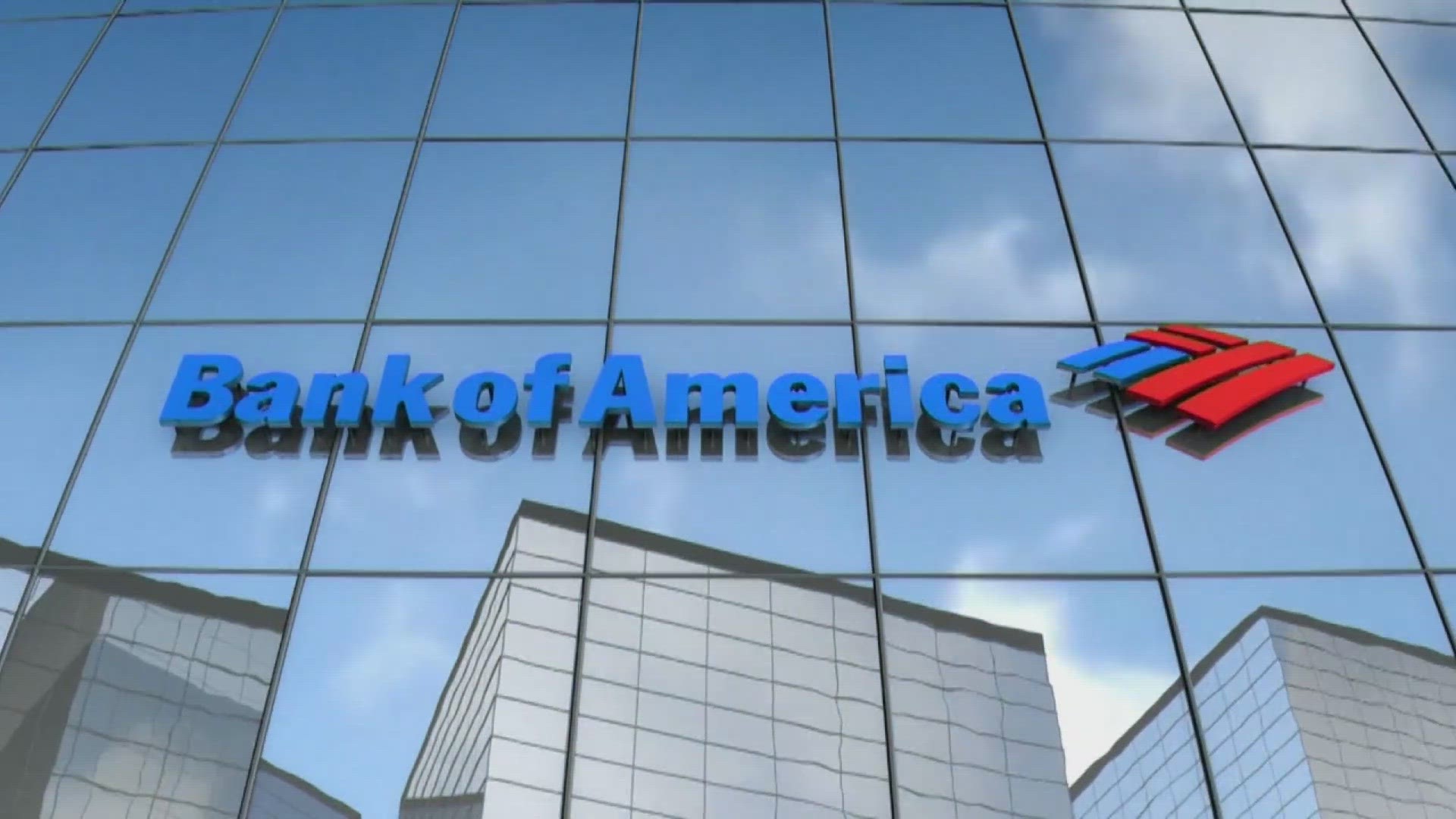SACRAMENTO, Calif. — Millions of dollars in illegal banking fees were taken from customers, and now one of the country’s largest banks must pay it back and then some.
“I can tell you from my investment banking career, most banks are guilty of doing something wrong,” said Sanjay Varshney, founder of Golden Stone Wealth Management.
Federal regulators say the bank broke the law with junk fees and deceptive credit card sales practices.
“The fine that they got away with is a very small, you know, a slap on the wrist for a bank that had trillions in assets,” said Varshney. “What is $100 million? That's chump change.”
The bank was specifically ordered to refund $80 million of non-sufficient fund fees, which are like overdraft fees, but instead of the bank covering the withdrawal and billing you later, the non-sufficient fund fee declines the transaction and charges you $35.
It’s not illegal, though the Consumer Financial Protection Bureau (CFPB) is critical of them and many big banks — including Bank of America — have stopped charging them altogether.
What was illegal was a sort of "double-dipping" process.
Say you buy something at a store but they run your debit card and you have insufficient funds so you get charged a fee. Seeing the transaction didn’t go through, the cashier runs your card again. Bank of America charged the fees again for years.
The CFPB says that practice was illegal because it served no purpose but making the bank money and there’s no way to prevent someone from running your card twice.
“Banks are in the business of making money. They have lots of clients, lots of customers, they have lots of employees, the incentive structures, sometimes a setup. So very junior level, for example, folks who are working in those banks are incentivized to increase sales,” said Varshney.
The bureau pursued a case against Bank of America but before it got to court the bank agreed to a consent order.
“It's always a good idea for the customer to really fine comb through their accounts and statements to make sure that they have not been double charged someplace or, indeed, that their accounts that are showing up under the name are the ones that belong to them, right?” said Varshney.
The order says they have 90 days to come up with a plan for identifying which customers need to be refunded and then 60 days after the plan is approved they have to send the money out with notices explaining what it’s for.
People won’t have to do anything to get their refunds. It’ll be automatically sent to eligible customers through direct deposit or paper check and should arrive by mid-December.



















